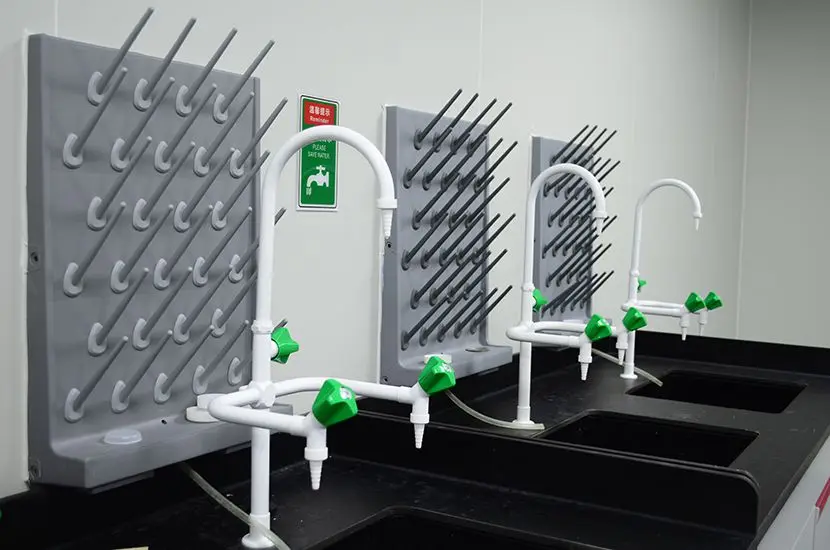
EU Amazon RoHS Testing process
The RoHS directive restricts the use of certain hazardous substances and heavy metals in electronic products manufactuRED or exported to the EU. Compliance within the supply chain is essential, ensuring that the final assembled products, individual components, and even raw materials meet RoHS requirements.

What is ROHS Testing?
The purpose of rohs testing is to verify that electronic components do not contain excessive amounts (i.e., above set limits) of restricted heavy metals, flame retardants, and phthalates. Examples of restricted metals include:
- Lead (Pb)
- Mercury (Hg)
- Cadmium (Cd)
- Hexavalent chromium (Cr6+)
- Polybrominated biphenyls (PBB)
- Polybrominated diphenyl ethers (PBDE)
- BIS(2-ethylhexyl) phthalate (DEHP)
- Benzyl butyl phthalate (BBP)
- Dibutyl phthalate (DBP)
- Diisobutyl phthalate (DIBP)
The EU RoHS testing limits are set at 0.1%, except for cadmium, which is limited to 0.01%. Remember that the list of restricted heavy metals, phthalates, and other substances, as well as their limit requirements, can change over time. Exporters and sellers must check the latest requirements.
Which Products Need RoHS Testing?
RoHS applies to electronic products. This includes CPUs, ICs, connectors, PCBs, solder, wires, and other electronic components. It also includes coatings, housings, and other non-electrical parts.
Therefore, RoHS testing applies to the following products:
1. Consumer electronics
2. Household appliances
3. Communication equipment
4. Electronic toys
5. AC adapters
6. Power tools, etc.
Is RoHS Testing Mandatory?
Yes, the RoHS directive broadly requires exporters and manufacturers to comply with substance restrictions, typically by engaging a third-party testing agency. During procurement, it is advisable to purchase components with test reports.
rohs testing costs:
The cost of RoHS testing depends on the number of materials that need to be tested. The more materials there are, the higher the cost.
Do Amazon Sellers Need RoHS Testing?
Amazon requires all sellers to ensure that their products fULly comply with the national compliance requirements of their respective markets. Therefore, if you sell electronic products on any of Amazon’s EU marketplaces, you must comply with RoHS.
Amazon regularly requests compliance documentation, which may include rohs test reports. Failure or refusal to provide a rohs laboratory test report can result in the permanent removal of the relevant products.
What if I Don’t Have a RoHS Test Report?
1. Customs may refuse to approve your product for export.
2. Market surveillance authorities may investigate your product at any time. While non-RoHS components do not pose a direct safety risk, they can still require test reports and may send your product to a testing laboratory.
China's JJR Testing Laboratory provides RoHS testing services for products, with reports available 5 working days after sample submission.
Email:hello@jjrlab.com
Write your message here and send it to us
 Cost of U.S. FDA CFR 21 177.2600 Test Report
Cost of U.S. FDA CFR 21 177.2600 Test Report
 How much does the IP44 Compliance Test cost
How much does the IP44 Compliance Test cost
 What is LFGB Test
What is LFGB Test
 What does LFGB certified mean?
What does LFGB certified mean?
 Weee authorised representative germany
Weee authorised representative germany
 Where to Apply for 2026 Air & Sea Transport Ce
Where to Apply for 2026 Air & Sea Transport Ce
 Guide to IEC Test Reports for Lighting Exports
Guide to IEC Test Reports for Lighting Exports
 IEC/EN 62471 and IEC/EN 62778 (Photobiological Saf
IEC/EN 62471 and IEC/EN 62778 (Photobiological Saf
Leave us a message
24-hour online customer service at any time to respond, so that you worry!




